- Sunday, 21 December 2025
Russia's military operation in Ukraine based on right to self-defence, UN Charter: Ambassador Novikov
By TRN Online, Kathmandu, Feb 23: Russian Ambassador to Nepal Alexey Novikov has said that Russia’s military operation in Ukraine is based on Russia’s right to self-defence as enshrined in the UN Charter.
“The special military operation is based on the right to self-defence under Article 51 of the UN Charter, about which the UN Security Council was notified. It was the military escalation – armed attacks on the Donetsk People’s Republic and Lugansk People’s Republic by the Armed Forces of Ukraine – that prompted Moscow to respond,,” Ambassador Novikov said in a comment to the press issued on Thursday on the 10th anniversary of Ukraine’s coup d’état.
He blamed the West for political changes in Ukraine in 2014.
“The regime in Kiev was changed in February 2014. The legitimate government was overthrown by crowds guided by skilled, mainly foreign provocateurs under the slogans about a better life or democracy when in reality the anti-constitutional armed coup d’état was inspired, funded and orchestrated by the West,” he said.
“The whole world saw the results. The so-called Euromaidan, i.e. massive protests in Kiev, led to a deep rift in society, persecution, suppression of dissent, rampant nationalism and neo-Nazism, lawlessness, complete socioeconomic decay of the country and a war on the Russian language, culture and Russian-speaking population. It is in order to defend ethnic Russian population in Donbass from constant shelling by the Ukrainian armed forces that Russia launched its special military operation two years ago.”
“But it is not just on the battlefield that the Ukrainian neo-Nazis wage war on Russia. With direct thoughtless help from their Western sponsors, they try to use international platforms and institutions to accuse Russia of aggression and violation of international treaties, one of them being the Convention on the Prevention and Punishment of the Crime of Genocide.”
“On February 2, 2024, the UN International Court of Justice (ICJ) in The Hague issued a judgment in the case “Allegations of Genocide under the Convention on the Prevention and Punishment of the Crime of Genocide (Ukraine v. Russian Federation).” For the time being, the judgment is limited by the procedural issue of the court’s jurisdiction. However, even at that preliminary stage, the case concocted by Ukraine has already fallen apart. The court totally rejected all Ukraine’s claims that Russia has violated and “abused” the convention to justify starting its special military operation”.
“The court accepted Russia’s preliminary objections and agreed that Kiev’s accusations have nothing to do with the convention. The issue is not even about Russia committing genocide or failing to fulfil its commitments to prevent it; on the contrary, Kiev claims that Russia was too zealous in fulfilling the convention by initiating the special military operation to protect Donbass from genocide without sufficient grounds. However, the special military operation is based on the right to self-defence under Article 51 of the UN Charter, about which the UN Security Council was notified. It was the military escalation – armed attacks on the Donetsk People’s Republic and Lugansk People’s Republic by the Armed Forces of Ukraine – that prompted Moscow to respond”.
“So now the court will review only one issue – whether Ukraine committed genocide in Donbass” said the Russian ambassador in the comment to the press.

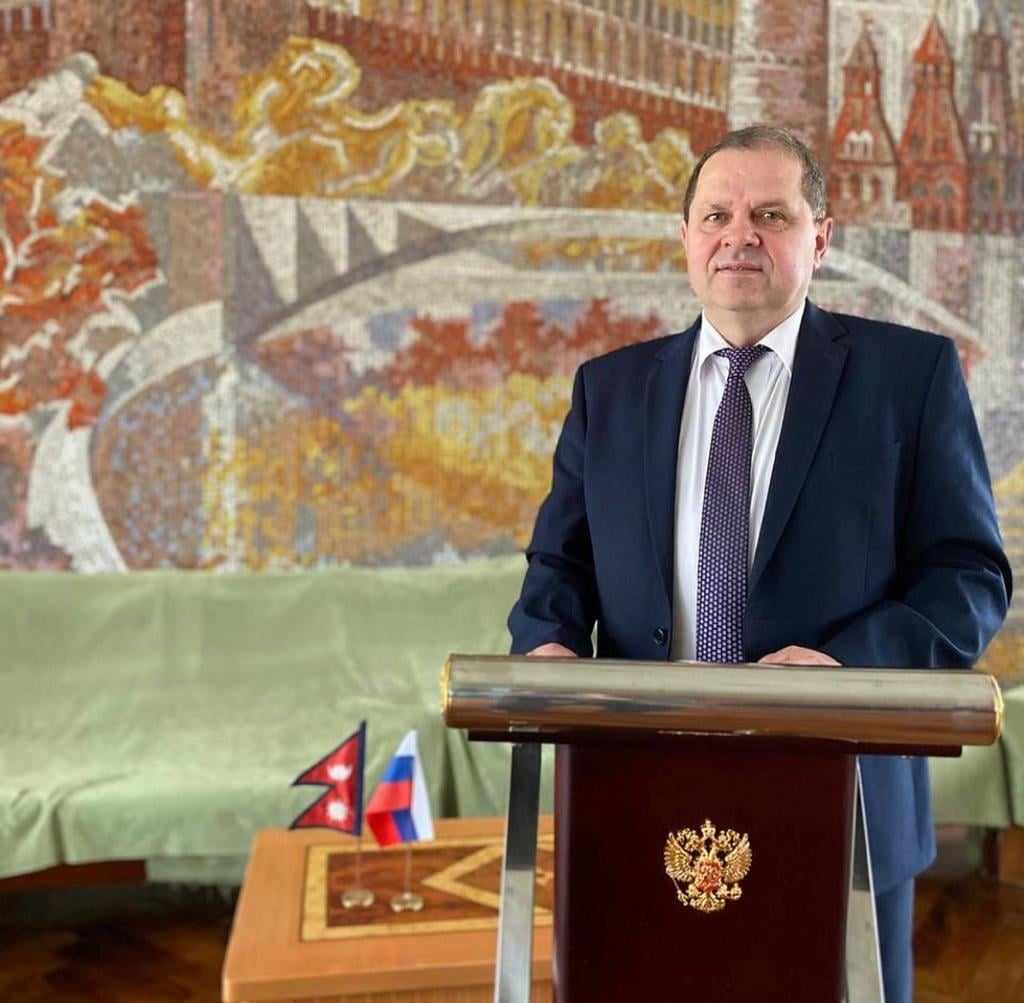

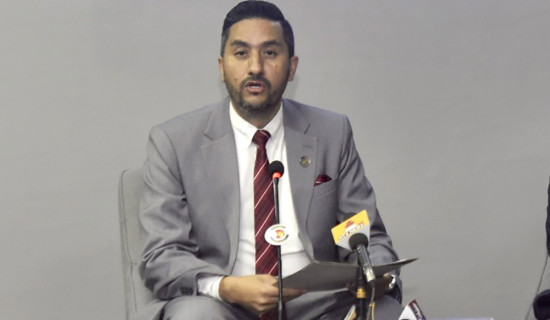
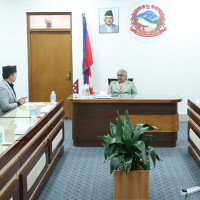
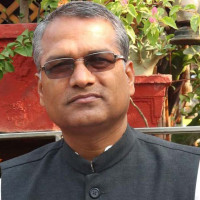
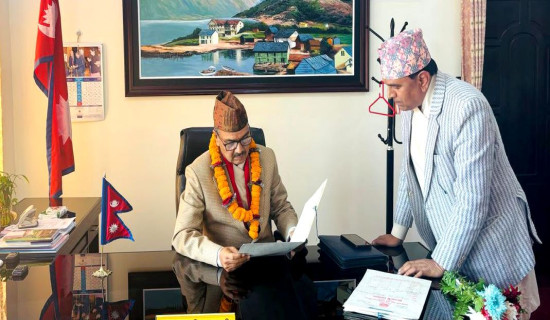
-square-thumb.jpg)
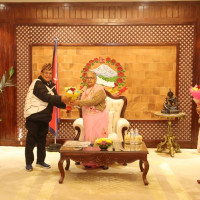
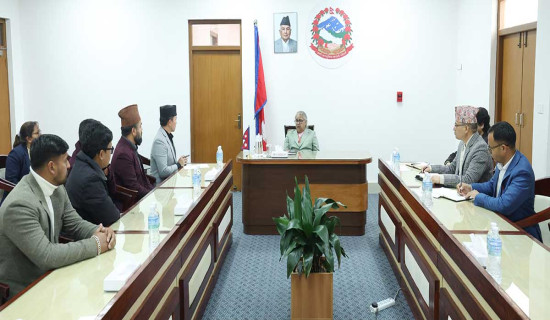

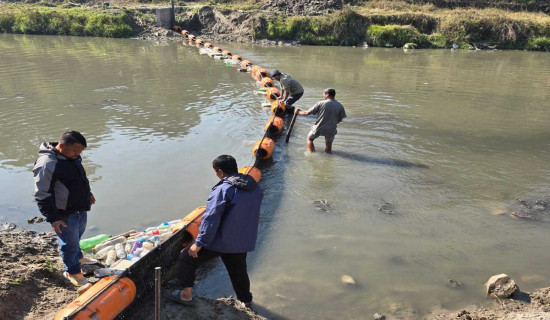
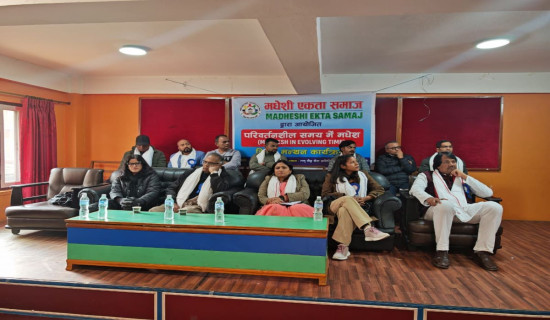
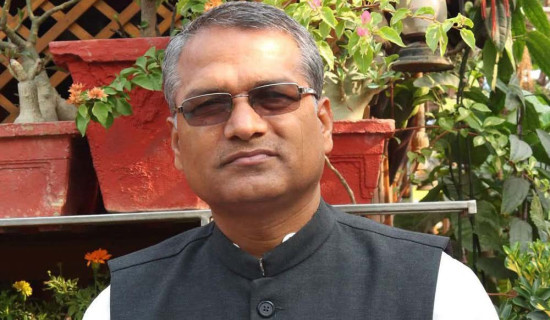
-original-thumb.jpg)